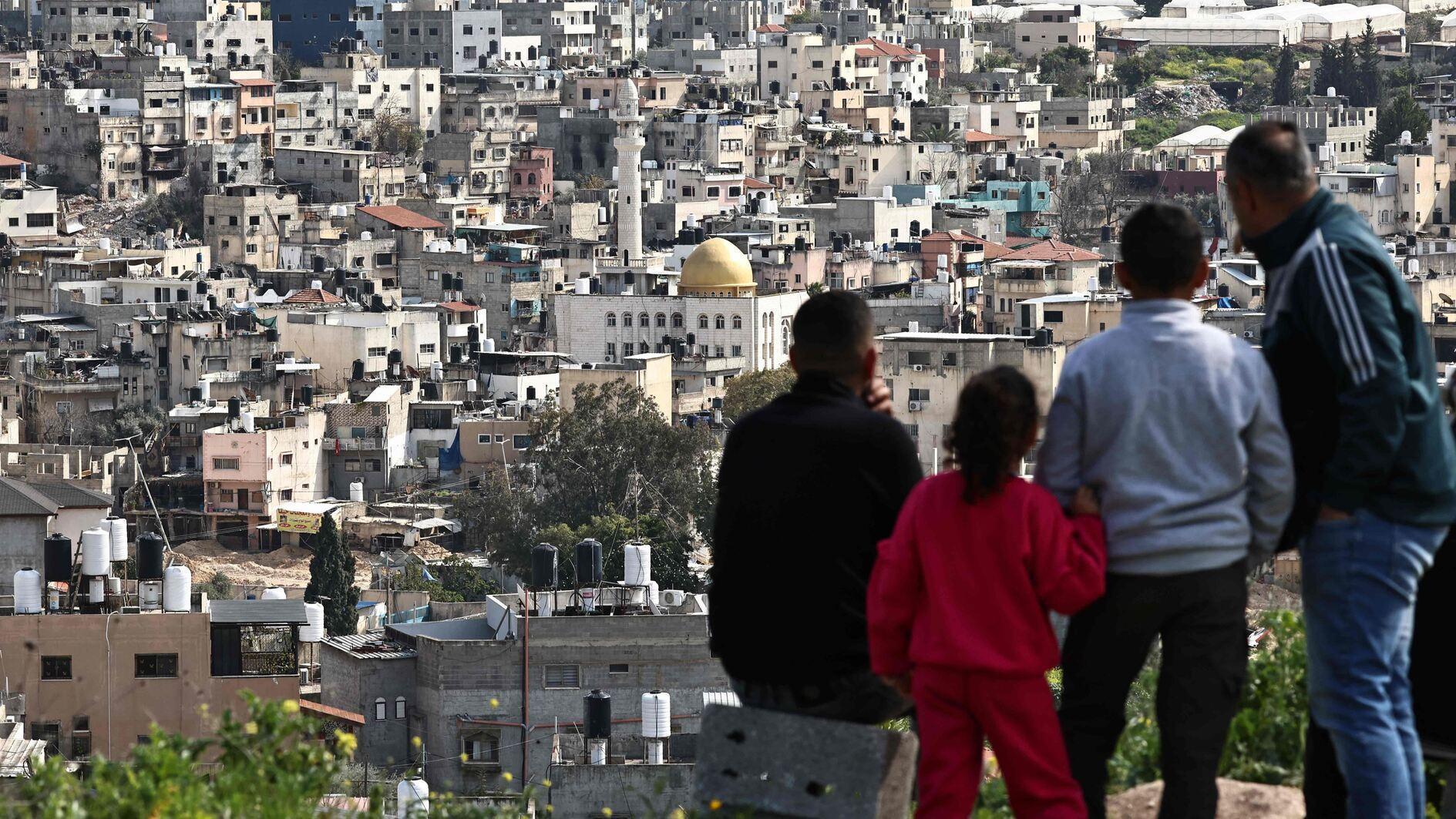
Israel announced on May 29 the creation of 22 new settlements in the occupied West Bank, risking further strain on relations with the international community already taxed by the war in Gaza.
The plan also includes the legalization of outposts already built without government authorization.
Two of the settlements, Homesh and Sa-Nur are particularly symbolic. Located in the north of the West Bank, they are actually re-settlements, having been evacuated in 2005 as part of Israel's disengagement from Gaza, promoted by then-prime minister Ariel Sharon.
Four new settlements will also be established along the Jordan Valley border, according to plan.
"Next step: Sovereignty!" said far-right Finance Minister Bezalel Smotrich, himself a settler.
In response to criticisms against the move, Smotrich offered a preemptive defense, saying: "We have not taken a foreign land, but the heritage of our ancestors."
Defense Minister Israel Katz said that the initiative "changes the face of the region and shapes the future of settlement for years to come.”
In a statement on Telegram, the right-wing Likud party of Prime Minister Benjamin Netanyahu called the move a "once-in-a-generation decision,” saying the initiative had been led by Smotrich and Katz.
Israeli settlements in the West Bank are regularly condemned by the United Nations as illegal under international law and are seen as one of the main obstacles to a lasting peace between Israelis and Palestinians.
Israel has already built well over 100 settlements across the territory that are home to some 500,000 settlers.
The settlements range from small hilltop outposts to fully developed communities with apartment blocks, shopping malls, factories and public parks.
Some European governments have moved to sanction individual settlers, as did the United States under former president Joe Biden, though those measures were lifted by current President Donald Trump.
The announcement comes ahead of an international conference to be led by France and Saudi Arabia at U.N headquarters in New York next month, which is meant to resurrect the idea of a two-state solution to the Israeli-Palestinian conflict.
According to the Arab media, foreign ministers of Saudi Arabia, Jordan, Egypt, Qatar, Bahrain and Oman are expected to pay a rare visit to West Bank’s Ramallah to meet Palestinian President Mahmoud Abbas.
The reports said the visit is part of preparations for next month’s conference on the two-state solution.